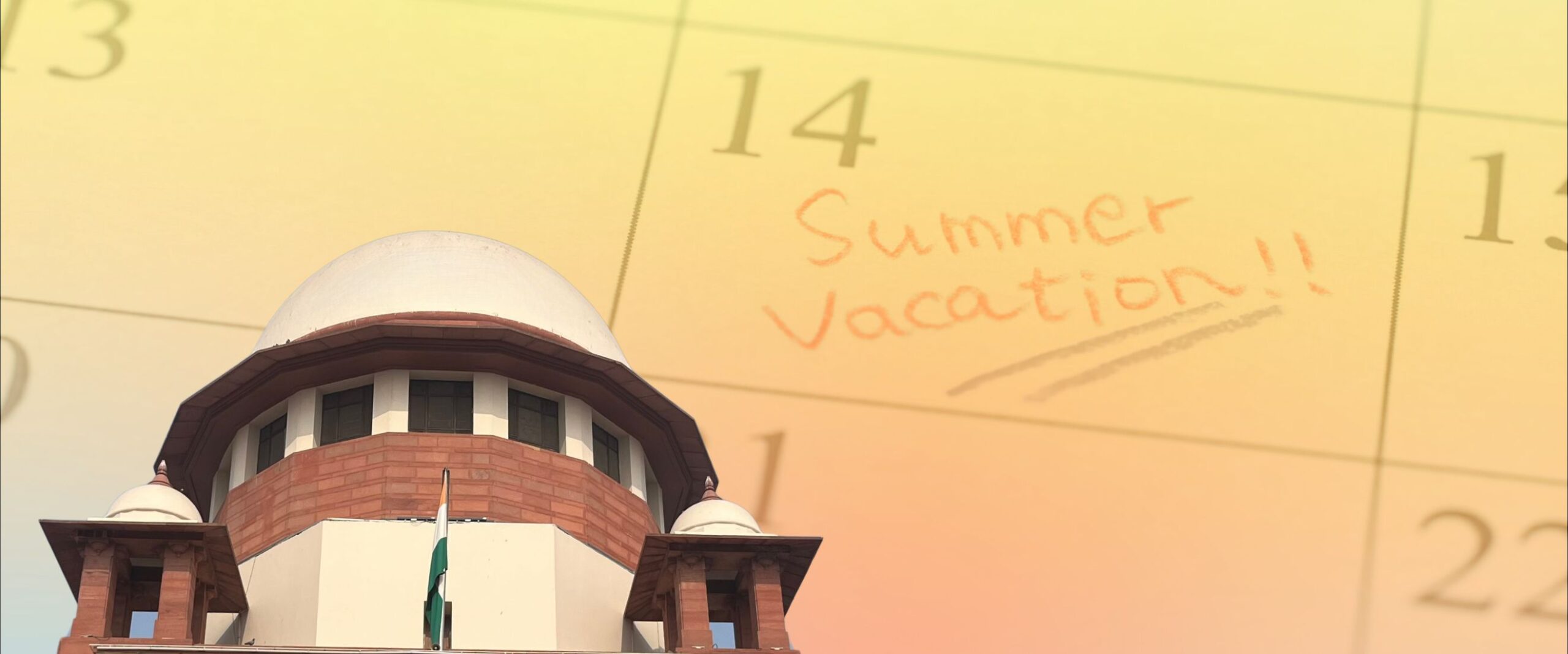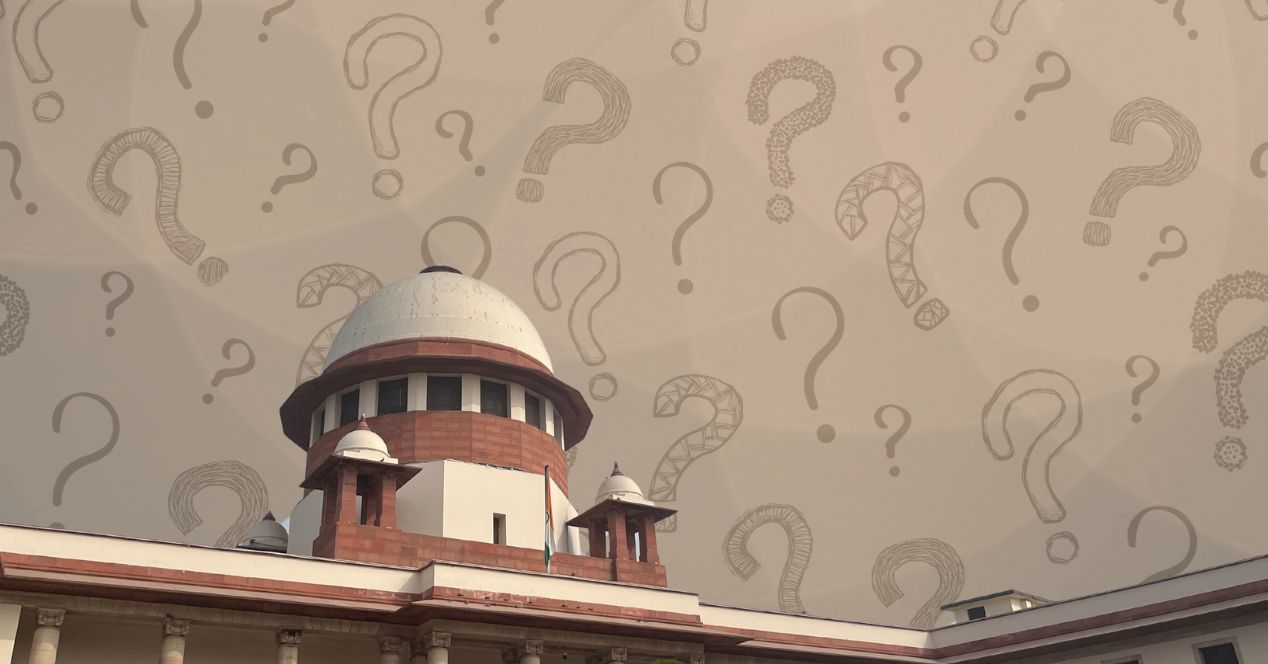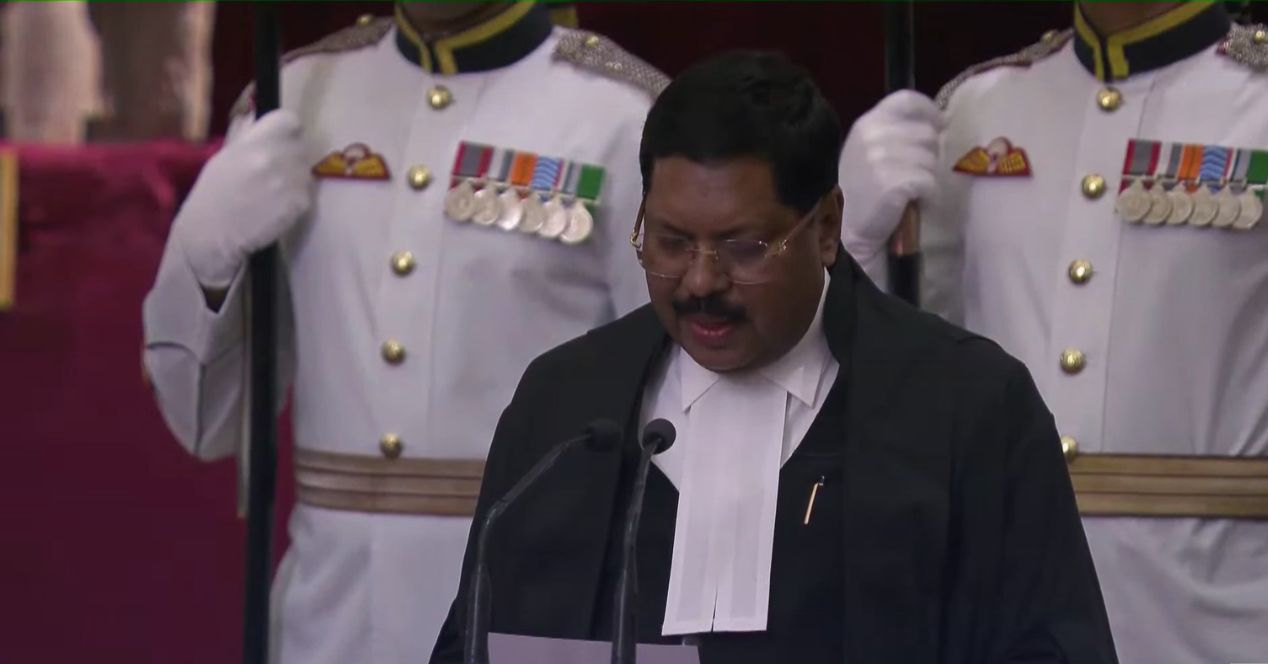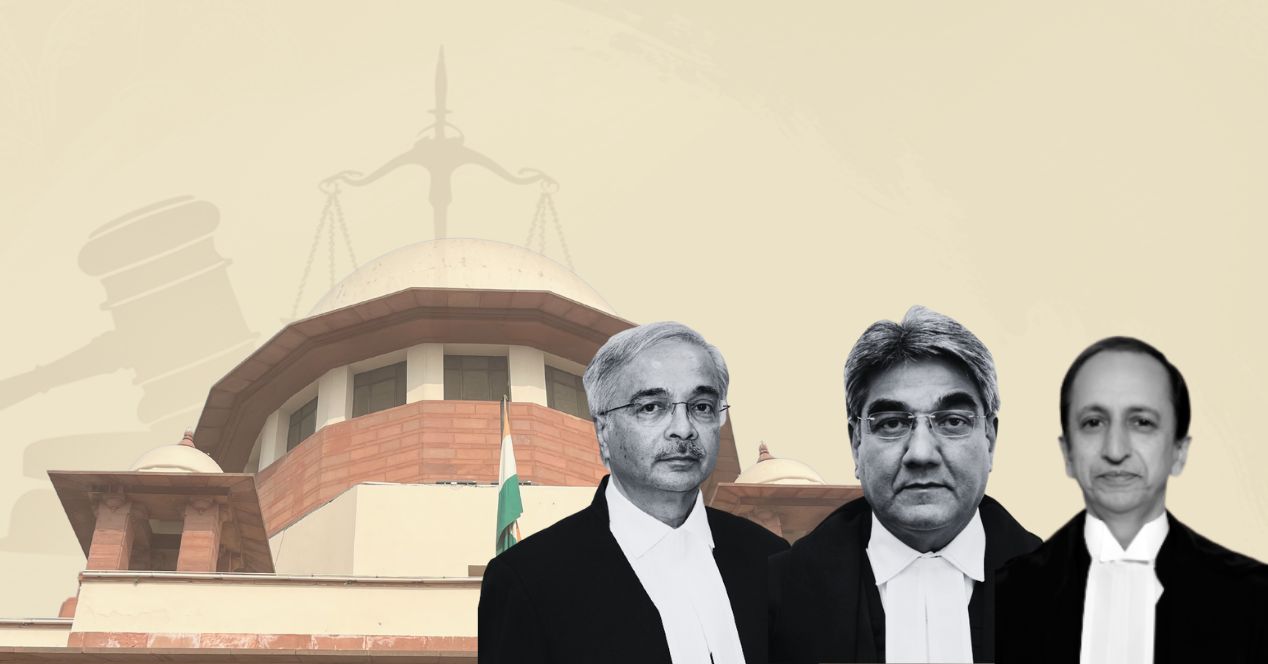Analysis
Are Partial Court Working Days Benches different from Vacation Benches?
The new nomenclature for Vacation Benches has not changed the Supreme Court’s perception about its functioning during summer

The Supreme Court is currently adjusting to the change in nomenclature of the summer vacation to “Partial Court Working Days” (PCWD). Vacation Benches are now referred to as PCWD Benches. However, during this transition, it appears that individual judges are still struggling to get accustomed to what the change aims to achieve: hearing and disposing of more cases during this period than was possible earlier.
On 26 May, the Bench comprising Justices Surya Kant and Dipankar Datta expressed displeasure that 70 per cent of the matters listed before the PCWBs should have been listed either before or after vacation. The Bench was hearing a Special Leave Petition filed by Vidharbha Hockey Association against an Order of the Nagpur Bench of the Bombay High Court in June last year. The judges stated they had read the case the previous night and concluded that there was no urgency in it.
In brief, here’s what the case was about: the High Court had dismissed a challenge against Hockey India’s decision to dissolve its associate membership of the pan-India body with effect from 1 July 2020. It refused to interfere with a policy decision in its writ jurisdiction. Hockey India defended its decision, citing provisions of the Constitution of the Indian Olympic Association.
The Justice Kant-led Bench was dissatisfied with the petitioner’s failure to explain the delay in filing the appeal for nearly a year. Further, they questioned the urgency in seeking a listing of the SLP before the PCWDB. The petitioner, it was reported, hadn’t requested a listing of the case that day. Ultimately, the judges dismissed the petition as withdrawn.
However, the Bench’s observations do raise questions. One is whether the PCWDBs are meant to hear only ‘urgent’ cases. A 2019 circular was recently refreshed by the Court to remind lawyers of the considerations for ‘urgent’ cases. But these are meant for ‘mentioning’ and not for listing in general.
The Vidharbha Hockey Association matter is listed as ‘Category No. 4805 – Others’. This is a new case category followed by the Court since 21 April 2025. It includes matters not falling under any other categories. The old list did not have this category. It is an instance of how an ordinary case was included in the causelist of a PCWDB because the arguing counsel had not requested an adjournment at the time of its listing. More importantly, it was also not mentioned as an urgent matter before the Bench.
The Court had notified 21,651 miscellaneous matters and 17,088 regular hearing matters for potential listing during the PCWDs on 21 May. Many of these would not qualify as ‘urgent’, fulfilling one or the other criteria identified by the Court for ‘Listed Mentioning’.
Kuch ishq, kuch kaam?
A conceptual question about PCWD Benches arose before a Bench of Justices Sanjay Karol and S.C. Sharma. They were hearing on 2 June, the plea by residents of Jamia Nagar, Delhi, to stay demolitions by the Delhi Development Authority. The reason: encroachment on land belonging to the Uttar Pradesh Irrigation Department. The previous hearing in this case took place on 7 May.
Senior Advocate Sanjay Hegde for the petitioners, submitted that demolition notices were issued in complete violation of the earlier directions issued by the Supreme Court. Further, those who are likely to lose their properties were denied a reasonable opportunity to be heard.
In response to Hegde, the Bench observed that during court vacations, it generally tries not to dismiss matters outright. Instead, it keeps them alive by rescheduling hearings after the break. The judges added that in some cases, they had even granted adjournments despite believing the matters lacked merit.
Hegde gently reminded the Bench that the Court was “partially working,” and argued that since demolitions were an urgent issue, they deserved the Court’s stay. Referring to the ambiguity created by the change in nomenclature, he quipped that it was unclear whether the Court was functioning or on holiday. Justice Sharma responded, saying he wanted to reply but would do so privately with Hegde, not in open court.
In response, Hegde recited a famous line by Urdu poet Faiz Ahmed Faiz: kuch ishq kiya, kuch kaam kiya. This aptly captures the dilemma facing the Supreme Court during the ongoing PCWDs: whether to deliver justice or buy time to avoid denying it.
The Bench then declined to stay demolitions and adjourned the hearing of the matter to July, on Hegde’s request.




